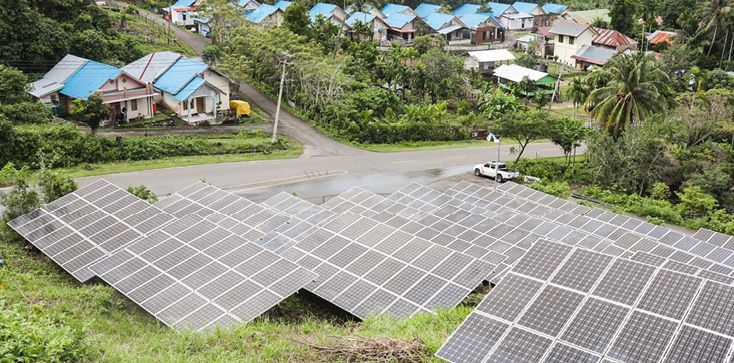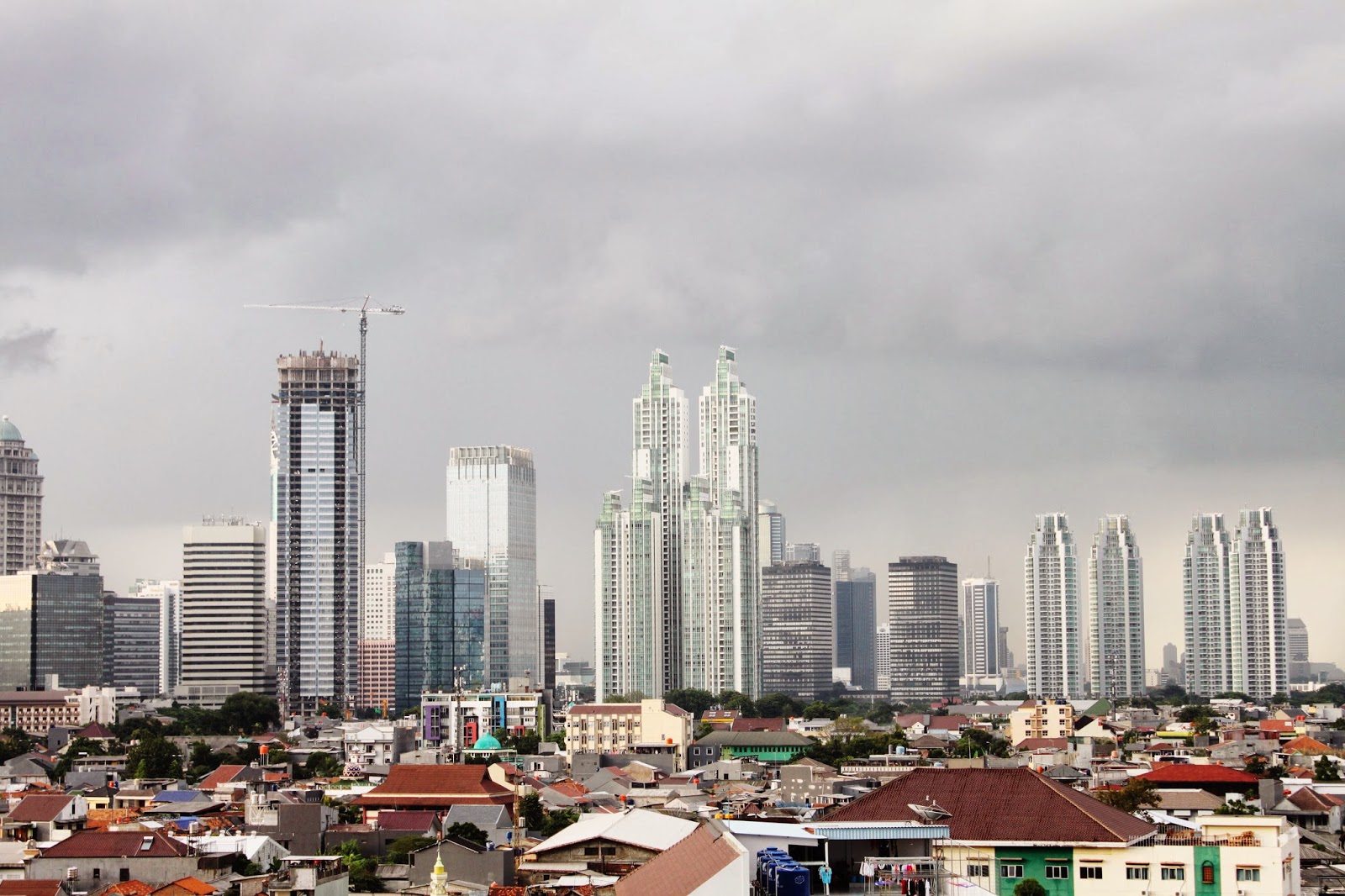Indonesia is undertaking an impressive transformation in its energy sector as it strives to increase renewable energy adoption. This transformation is essential in meeting environmental concerns while meeting the country’s growing energy demands. Both government officials and stakeholders are working collaboratively towards this transition towards creating a more sustainable energy future.
Renewable Energy Initiatives
Indonesia’s commitment to renewable energy can be found in its National Energy Policy, which sets ambitious targets for reducing fossil fuel reliance. It includes goals of increasing renewables’ share in the national energy mix. To support these goals, the Indonesian government has instituted various incentives and regulations designed to attract investments into renewable projects; these include tax breaks for solar and wind projects, subsidies for research and development, and streamlined permitting processes.
Solar Power Innovations
Indonesia’s renewable energy strategy places solar power as a top priority, taking full advantage of its abundant sunlight to harness this form of renewable energy. Large-scale solar farms are being constructed across various regions such as Sumatra and Java; government programs to promote rooftop solar panels for residential and commercial use have also been initiated, increasing capacity and making access more easily available for all. Solar power provides essential electricity access in remote regions as it improves living standards while supporting local development.
Wind and Hydropower Projects
Wind power has quickly grown in Indonesia, particularly in regions with high wind potential, such as its eastern regions. Wind farms are being established to take advantage of this resource and help diversify Indonesia’s energy sources. Hydropower remains a crucial element of Indonesia’s renewable energy strategy, with large-scale and small-scale projects being carried out simultaneously, new hydroelectric plants being constructed, and upgraded facilities helping meet energy demands while mitigating environmental impacts.
Adversaries and Opportunities
Though progress in renewable energy has been significant, numerous challenges exist within its sector. Initial costs and requirements for advanced technology can act as significant roadblocks to development; installation and maintenance issues in remote areas present logistical obstacles to growth as well as logistical hurdles to innovation and growth opportunities; however, these difficulties also present opportunities for growth if addressed properly: increased investments in research and development combined with supportive policies and incentives can help overcome such barriers; In contrast, public awareness campaigns about its advantages help foster wider support for adoption and support for renewable energies.
Indonesia and Renewable Energy
As Indonesia progresses with renewable energy, it should take major strides toward creating a more sustainable energy future. Integrating renewable sources into the national grid and technological innovations will play a critical role in helping Indonesia meet its energy goals and contribute to global environmental sustainability. By identifying current challenges and capitalizing on growth opportunities for sustainable energy solutions, Indonesia could strengthen energy security while contributing towards environmental protection efforts worldwide.



